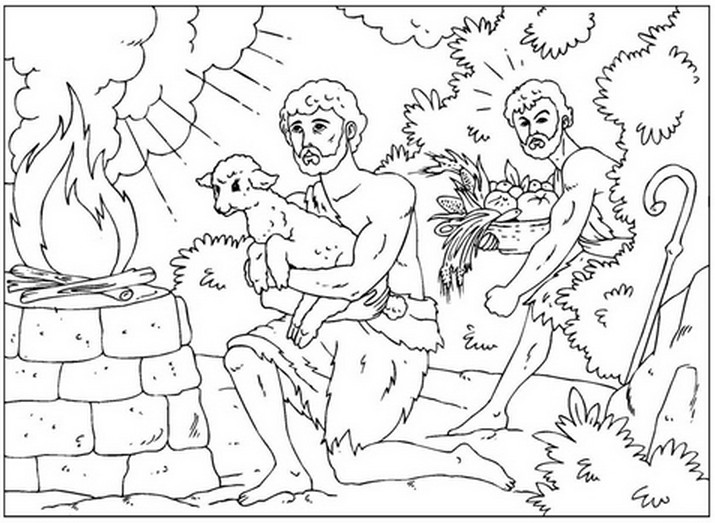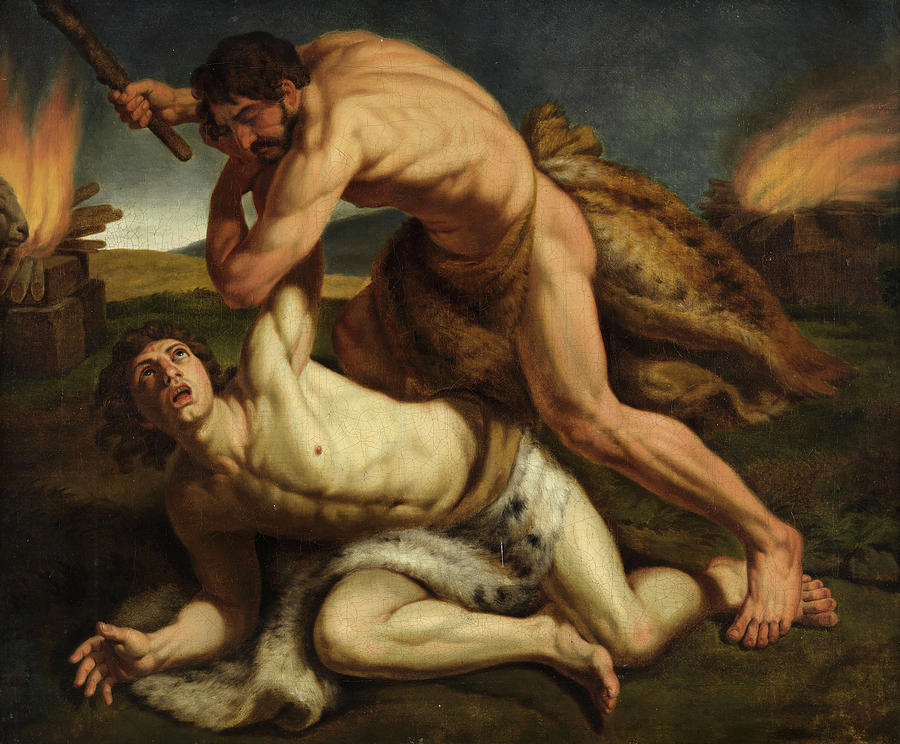

He planted his crops in the ground, and there they remained to be cultivated and harvested. Since a farmer’s crops were rooted in a single location, so was his whole life. Because of the necessity of this travel, shepherds saw more of the landscape, met more people, and explored more of their world. They didn’t reside the entire year in one place, but rather took their herds to pasture in different locations, depending on the season. The main difference in the resources shepherds and farmers tend/produce, is that the former’s move (and can be moved), while the latter’s are literally rooted in one spot.Įarly shepherds lived a life of great openness they often didn’t legally own the land they let their livestock range upon, nor did they fence pieces of land in. FarmersĪgriculturists and pastoralists historically found themselves in conflict, as they lived two very different lifestyles, which called for the development of two very different sets of traits: Shepherds Wander and See More of the World Farmers Lead a More Settled and Constricted Existence In fact if you look at the story of Cain and Abel from another angle, it becomes a kind of explanatory tale in which two archetypes - shepherds and farmers - symbolize two types of manhood, and the way in which the latter inevitably kills off the former. Greater civilization can not only be seen as leading to a weakening of moral virtue, but a weakening of distinctly masculine virtue as well. Farming symbolizes the beginning of vice - a fall from the innocence, generosity, and primitive simplicity represented by pastoralism. In other words, Josephus theorizes that Cain’s offering was rejected by Yahweh, because it was the offering of a farmer, and farming would lead to commercialism and civilization, and civilization would bring both greater complexity and greater temptation and depravity. The original farmer “only aimed to procure every thing that was for his own bodily pleasure, though it obliged him to be injurious to his neighbors.” His love of luxury developed a moral softness in himself and in his posterity, so that each generation became “more wicked than the former.”

His progeny in turn further established a more settled existence, and invented things like metallurgy and music.īut in tandem with this “civilizing” process, Cain and his subsequent lineage became more and more sinful. He “set boundaries about lands he built a city, and fortified its wall, and he compelled his family to come together to it.” Cain became “the author of measures and weights” and the founder of commercialism, ownership, and divisions between public and private life. The more he grew, the more he wanted, and the more desirous he became to protect that which was his.

In the Jewish historian Josephus’ interpretation of the tale, the brothers’ divergent occupations breed divergent sets of virtues.Īs a shepherd, Abel followed the “way of simplicity,” wandering where he pleased, and being content with “what grew naturally of its own accord.” As a result, he was “a lover of righteousness” and “excelled in virtue.”Ĭain, on the other hand - whose name means “possession” - was a “covetous man” who was “wholly intent on getting.” His desire for gain led him to look beyond what grew spontaneously and to invent the practice of farming - to “force the ground” to bear fruit. Why would the Lord (or the author of Genesis) prefer shepherds over farmers? Noting that Abel’s name is mentioned first, despite his being the younger brother, some scholars, like Hermann Gunkel, have posited that God simply has a preference for him, and more broadly, for his vocation, arguing that “The narrative maintains that Yahweh loves the shepherd and animal sacrifice but wants nothing to do with the farmer and fruit offerings.” That’s not the only theory on the matter, however. The most popular interpretation is that the brothers presented their gifts with two different attitudes: the scriptures mention that Abel brought the “firstlings” of his flock, but don’t apply that designation to Cain’s yield, leading to the conclusion that the former gave the best he had, while the latter offered inferior gleanings. Why does Yahweh accept Abel’s offering of meat, but not Cain’s of fruit? What accounts for the seeming capriciousness of the Almighty’s favor? So Cain was very angry, and his countenance fell.” –Genesis 4:2-5įor millennia, readers of the Bible have puzzled over this passage in Genesis. And the Lord had regard for Abel and his offering, but for Cain and his offering he had no regard. “Now Abel was a keeper of sheep, and Cain a tiller of the ground. In the course of time Cain brought to the Lord an offering of the fruit of the ground, and Abel for his part brought of the firstlings of his flock, their fat portions.


 0 kommentar(er)
0 kommentar(er)
